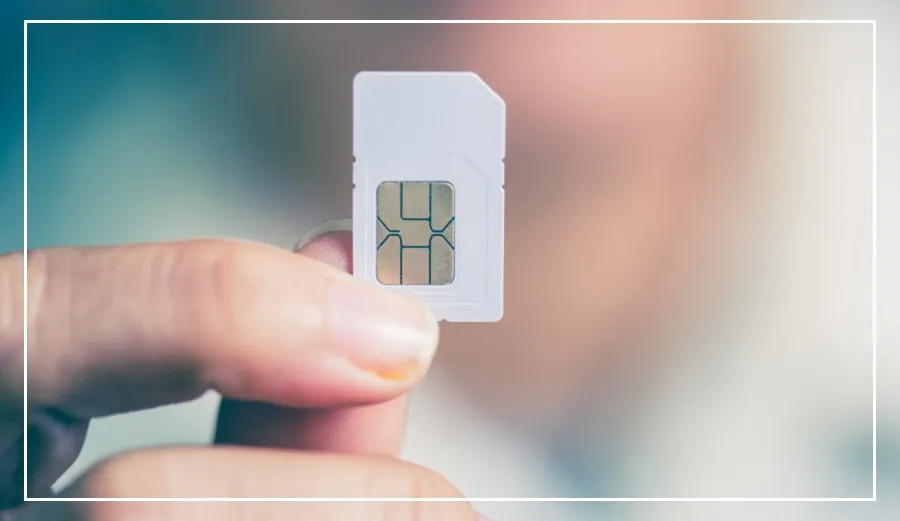The Telecommunication Act 2023 has now come into force, bringing significant changes to the telecom sector.
Effective from June 26, this law replaces the 138-year-old Indian Telegraph Act and the Indian Wireless Telegraph Act 1933, as well as making amendments to the TRAI Act 1997.
Features of the New Telecom Act
Limited SIM Cards per ID
Under the new law, an individual can now only possess up to nine SIM cards. However, residents of Jammu-Kashmir and the Northeast are restricted to six SIM cards.
Violating this rule will result in heavy fines: Rs 50,000 for the first violation and up to Rs 2 lakh for repeated violations.
Penalties for Fake ID Usage
Using a fake ID to obtain a SIM card is now a criminal offense, punishable by up to three years in jail, a fine of up to Rs 50 lakh, or both.
Consumer Protection and Safety
Spam Calls and Messages
The new law aims to protect consumers from spam calls and messages. Operators sending commercial messages without user consent can be fined up to Rs 2 lakh, and their service may be banned.
Telecom companies must obtain user permission before sending promotional messages and provide an online mechanism for user complaints.
Government Powers and Exceptions
Surveillance and Network Control
In emergencies or when national security is at risk, the government has the authority to suspend networks and intercept messages.
The government can take control of any telecom service or network during war-like situations or for national security reasons.
Journalists’ Exemptions
Journalists accredited to report will generally be exempt from surveillance. However, if their reporting is deemed a threat to national security, their calls and messages can be monitored and blocked.
Exclusion of OTT Apps
The law does not apply to OTT players like WhatsApp and Telegram, keeping them outside the definition of telecom services.
Government Rights on Property
The government can now permit telecom companies to install mobile towers or lay cables on private property without the landowner’s consent.
























